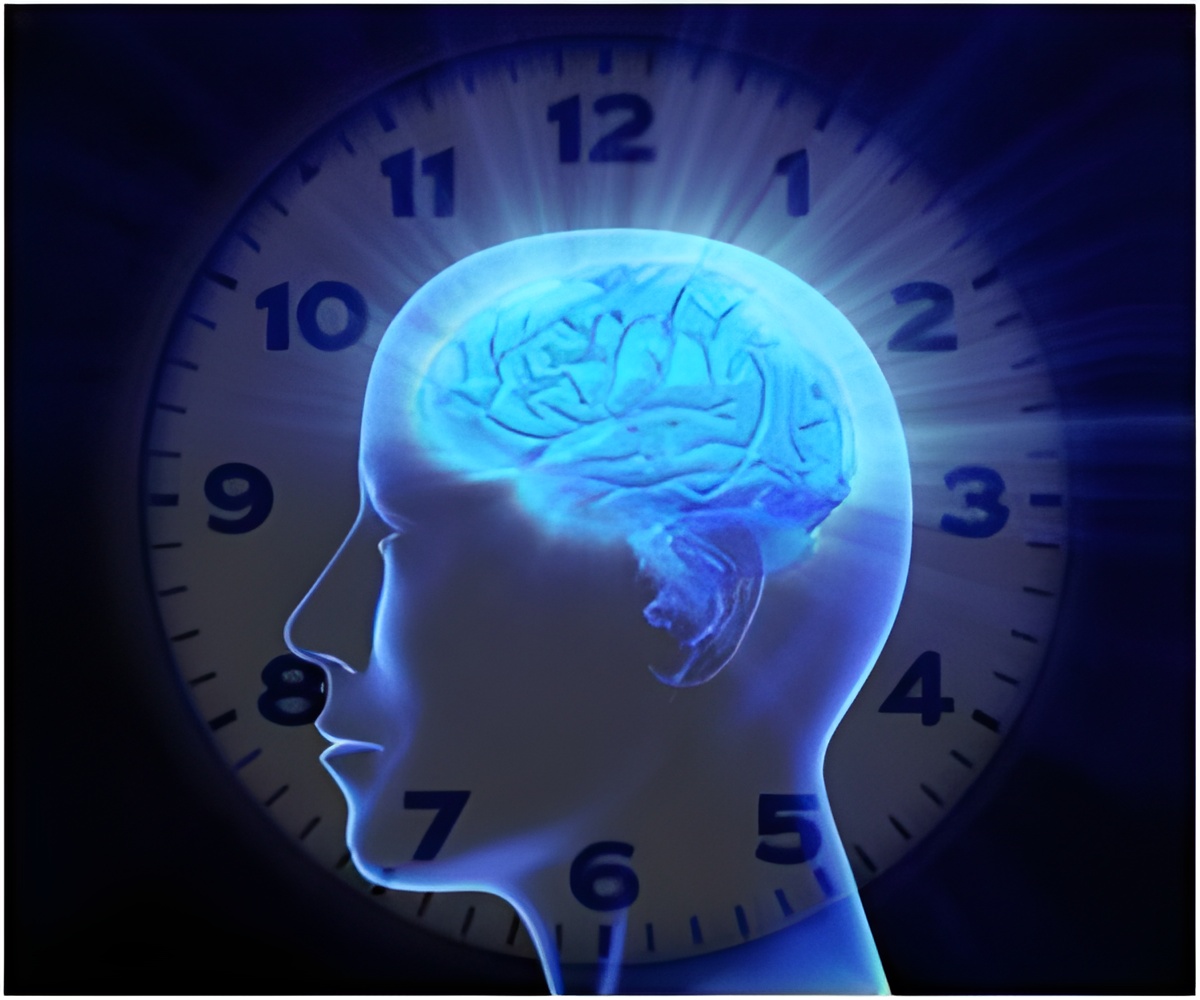Bilingualism is becoming more and more frequent and is considered a plus in this era of widespread globalization.

A recent critical literature review conducted by Ana Inés Ansaldo and Ladan Ghazi Saidi -Ph.D student- points to three interventional avenues to promote cross-linguistic effects of language therapy (the natural transfer effects that relearning one language has on the other language).
It is important for speech-language pathologists to clearly identify a patient's mastery of either language before and after aphasia onset, in order to decide which language to stimulate to achieve better results. Overall, the studies reviewed show that training the less proficient language (before or after aphasia onset)—and not the dominant language—results in bigger transfer effects on the untreated language.
Moreover, similarities between the two languages, at the levels of syntax, phonology, vocabulary, and meaning, will also facilitate language transfer. Specifically, working on "cognates," or similar words in both languages, facilitates cross-linguistic transfer of therapy effects. For example, stimulating the word "table" in French will also help the retrieval of the word "table" in English, as these words have the same meaning and similar sounds in French and English. However, training "non-cognates" (words that sound alike, but do not share the same meanings) can be confusing for the bilingual person with aphasia.
In general, semantic therapy approaches, based on stimulating word meanings, facilitate transfer of therapy effects from the treated language to the untreated one. In other words, drilling based on the word's semantic properties can help recovering both the target word and its cross-linguistic equivalent. For example, when the speech-language pathologist cues the patient to associate the word "dog" to the ideas of "pet," "four legs" and "bark,", the French word "chien" is as well activated, and will be more easily retrieved than by simply repeating the word "dog".
"In the past, therapists would ask patients to repress or stifle one of their two languages, and focus on the target language. Today, we have a better understanding of how to use both languages, as one can support the other. This is a more complex approach, but it gives better results and respects the inherent abilities of bilingual people. Considering that bilinguals may soon represent the majority of our clients, this is definitely a therapeutic avenue we need to pursue," explained Ana Inés Ansaldo, who herself is quadrilingual.
Source-Eurekalert
 MEDINDIA
MEDINDIA



 Email
Email





